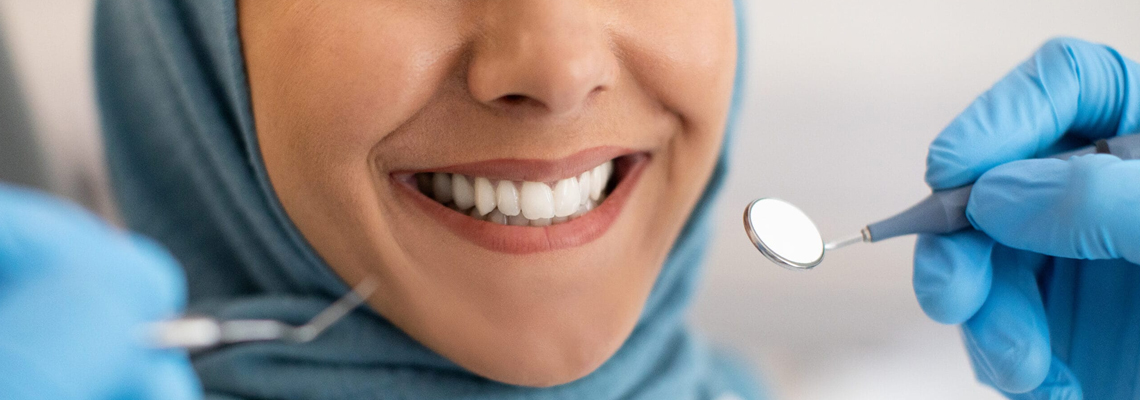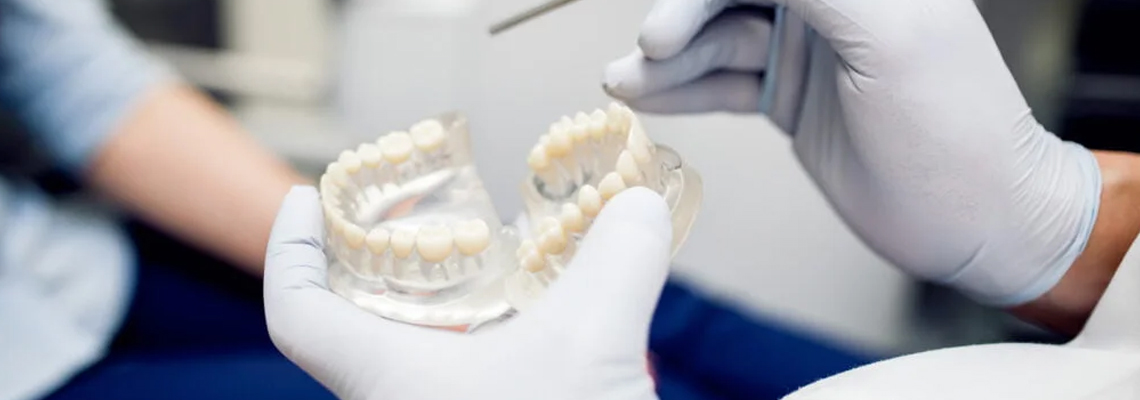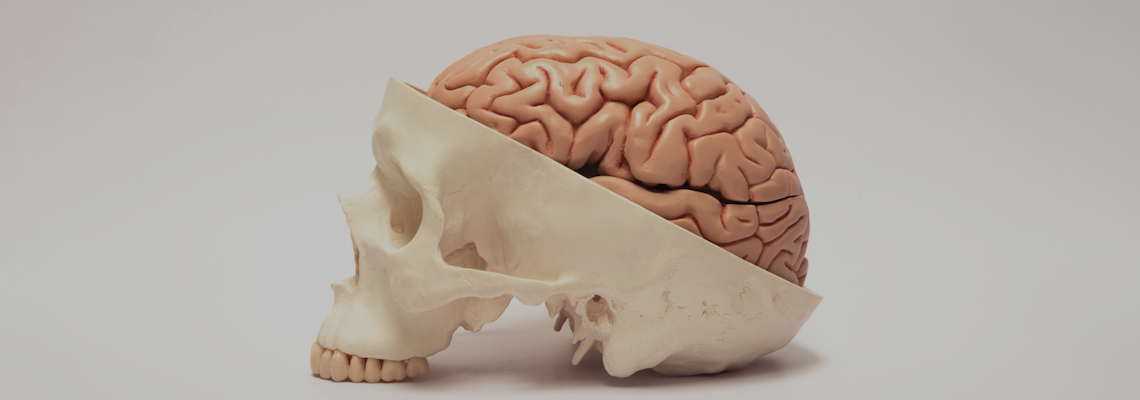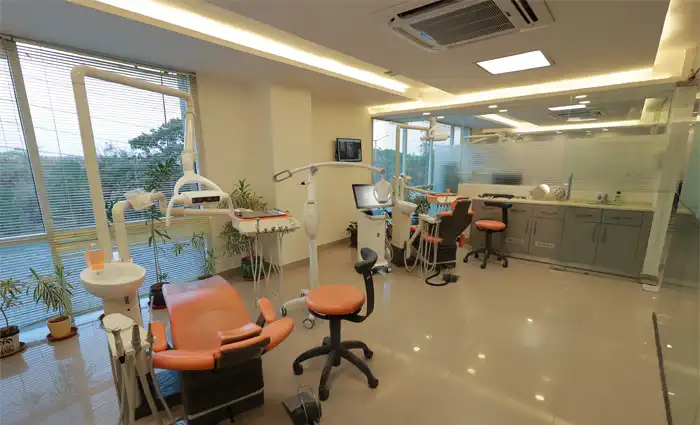Tooth sensitivity is a common dental complaint that affects millions of people worldwide. It can range from mild discomfort to sharp pain and can significantly impact daily activities such as eating, drinking, and oral hygiene practices. Understanding the underlying causes of tooth sensitivity is essential for effective treatment and management. In this article, we’ll explore the intricate anatomy of tooth enamel, uncover common causes of tooth sensitivity, and discuss strategies for alleviating this dental issue.
Anatomy of Tooth Enamel: The Protective Barrier
Tooth enamel is the hard, outermost layer of the tooth that protects the underlying dentin and pulp from external stimuli. Composed primarily of minerals such as calcium and phosphate, enamel is one of the hardest substances in the human body. Its dense structure provides strength and resilience to withstand the forces of chewing and biting. However, despite its toughness, enamel is susceptible to erosion and damage over time, leading to tooth sensitivity.
Common Causes of Tooth Sensitivity
Enamel Erosion
Over time, enamel can wear away due to factors such as acidic foods and beverages, aggressive brushing, and tooth grinding (bruxism). As enamel thins, the underlying dentin becomes more exposed, leading to increased sensitivity to hot, cold, sweet, and acidic stimuli.
Gum Recession
Gum recession occurs when the gum tissue pulls away from the tooth, exposing the sensitive root surface. This can result from factors such as gum disease, aggressive brushing, or aging. Exposed tooth roots lack the protective enamel layer and are more prone to sensitivity.
Dental Decay
Tooth decay, or cavities, can weaken enamel and expose the underlying dentin to bacteria and acids. As decay progresses, it can cause sensitivity to temperature changes and sweet foods.
Cracked or Fractured Teeth
Cracks or fractures in the tooth enamel can create pathways for sensitivity-triggering stimuli to reach the inner layers of the tooth. This can occur due to trauma, teeth grinding, or biting on hard objects.
Dental Procedures
Some dental procedures, such as teeth whitening treatments, dental cleanings, and restorative procedures like fillings or crowns, can cause temporary sensitivity. This sensitivity typically resolves on its own within a few days to weeks.
Managing Tooth Sensitivity
Maintain Good Oral Hygiene
Brushing with a soft-bristled toothbrush and fluoride toothpaste, flossing daily, and using a fluoride mouthwash can help strengthen enamel and protect against sensitivity.
Avoid Acidic & Sugary Foods
Limiting consumption of acidic and sugary foods and beverages can help prevent enamel erosion and reduce tooth sensitivity.
Use Desensitizing Toothpaste
Desensitizing toothpaste containing ingredients like potassium nitrate or fluoride can help block nerve pathways and reduce sensitivity over time.
Practice Gentle Brushing Techniques
Avoid aggressive brushing and use gentle, circular motions to clean teeth and gums. Using a soft-bristled toothbrush can also help prevent enamel erosion and gum recession.
See Your Dentist Regularly
Regular dental check-ups allow your dentist to monitor your oral health, identify signs of sensitivity or enamel erosion, and recommend appropriate treatment options.
Tooth sensitivity can be a frustrating and uncomfortable condition, but understanding its causes and implementing preventive measures can help alleviate symptoms and protect your oral health. By maintaining good oral hygiene, avoiding acidic and sugary foods, and seeking professional dental care when needed, you can keep your enamel strong and reduce the risk of sensitivity. If you’re experiencing tooth sensitivity, don’t hesitate to consult with your dentist to determine the underlying cause and develop a personalized treatment plan. With proper care and management, you can crack the enamel code and enjoy a healthy, pain-free smile for years to come.
Are You Looking For Dental Implants
Click on the links below to learn more about the approximately $50,000 savings option for Dr. Motiwala’s packages.
- Full mouth dental implants & Cost of Treatment
- Smile Makeover & Cost of Treatment
- Watch 100’s of Testimonials from our International Patients
Make An Appointment!
Please contact us if you have dental difficulties or are interested to know about dental implants and how they might improve your smile. Dr. Motiwala Dental Clinic & Implant Center may be reached at +91 99596 14584. You can also Contact Us by clicking the banner below.























